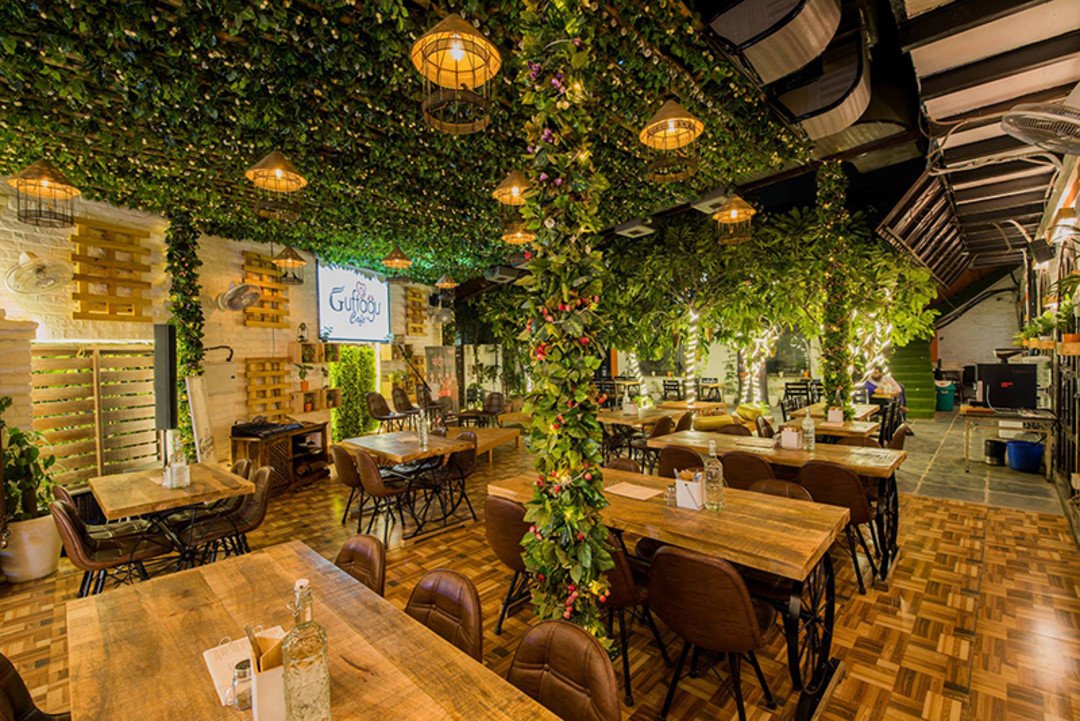Indonesia's coffee culture is as rich and diverse as its islands, offering a journey through unique flavors, traditional methods, and cultural significance. From the famed Kopi Luwak to locally grown beans, exploring Indonesia's coffee scene unveils a tapestry of history, craftsmanship, and culinary delights.

At the heart of Indonesian coffee culture is Kopi Luwak, known as the world's most expensive coffee. Produced uniquely in Indonesia, Kopi Luwak is made from coffee beans that have been eaten, digested, and excreted by the Asian palm civet, imparting a distinctive flavor profile prized by coffee aficionados worldwide. This rarity and exotic production process make Kopi Luwak a symbol of Indonesia's coffee heritage and craftsmanship.
Beyond Kopi Luwak, Indonesia offers a variety of local coffee beans cultivated across its diverse landscapes, each with its own distinct characteristics and brewing methods. Sumatra's Mandheling coffee is renowned for its full-bodied flavor and earthy notes, while Java coffee is celebrated for its smooth and balanced taste. Sulawesi's Toraja coffee boasts a rich aroma and hints of spice, reflecting the region's volcanic soil and unique growing conditions.
Indonesian coffee is traditionally prepared using methods like manual drip brewing (kopi tubruk) and the Indonesian sock coffee filter (kopi tiam), which preserve the beans' natural flavors and aromas. These techniques highlight Indonesia's commitment to coffee craftsmanship and the art of brewing that has been passed down through generations.

In addition to its diverse coffee varieties, Indonesia's coffee culture is deeply rooted in social interactions and community gatherings. Local coffee shops, known as warungs or kedai kopi, serve as meeting places where friends and families gather to enjoy a cup of coffee, share stories, and savor traditional snacks like pisang goreng (fried banana) or kue lapis (layered cake).
Pros:
- Diverse Flavors: Indonesia offers a range of coffee flavors, from earthy and spicy to smooth and aromatic, appealing to a variety of palates.
- Cultural Heritage: Coffee production and brewing methods reflect Indonesia's rich cultural traditions and agricultural practices.
- Exotic Appeal: Kopi Luwak's unique production process and rare status attract coffee enthusiasts seeking an exotic and luxurious coffee experience.
Cons:
- Environmental Concerns: Issues related to the sustainability and ethical considerations of Kopi Luwak production raise concerns about animal welfare and environmental impact.
- Quality Control: Ensuring consistent quality across different coffee varieties and regions can be a challenge for Indonesian coffee producers.
- Market Challenges: Competition and pricing pressures in the global coffee market impact Indonesian coffee growers and the sustainability of small-scale farms.




